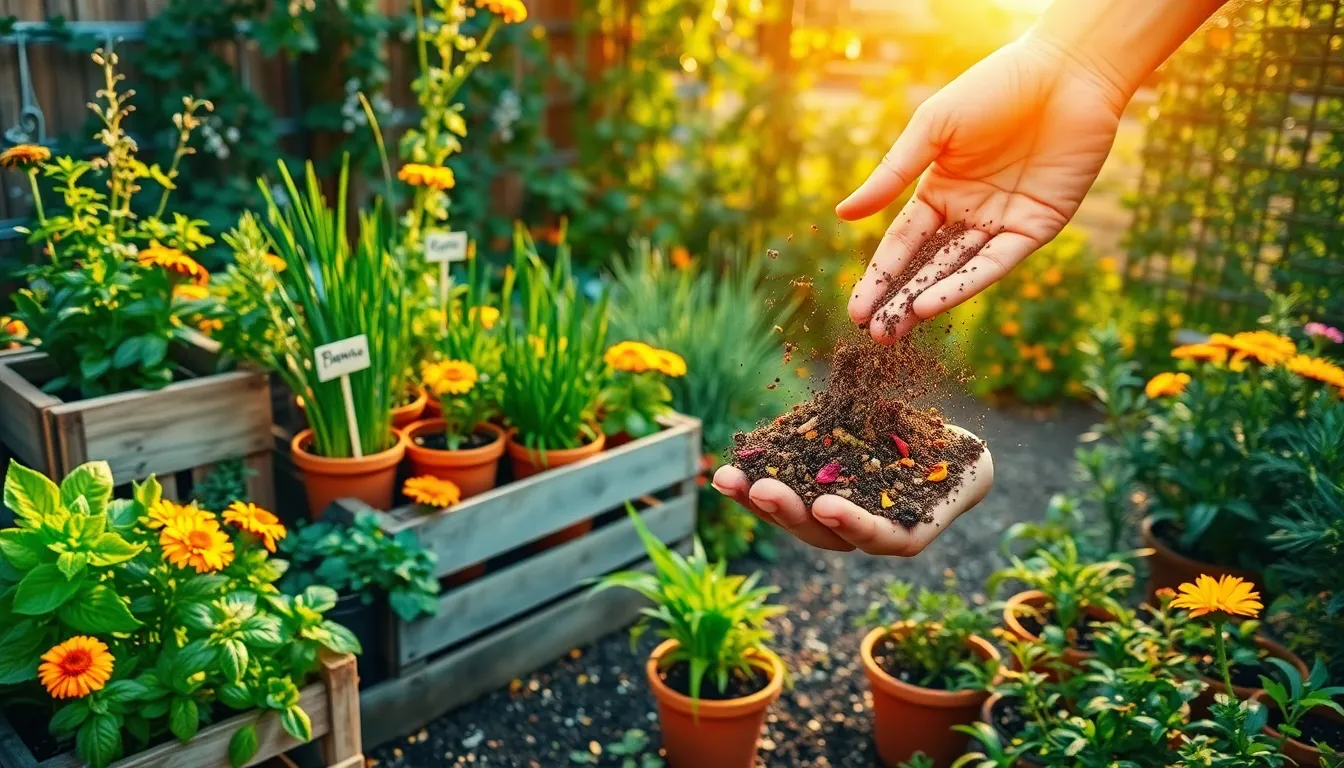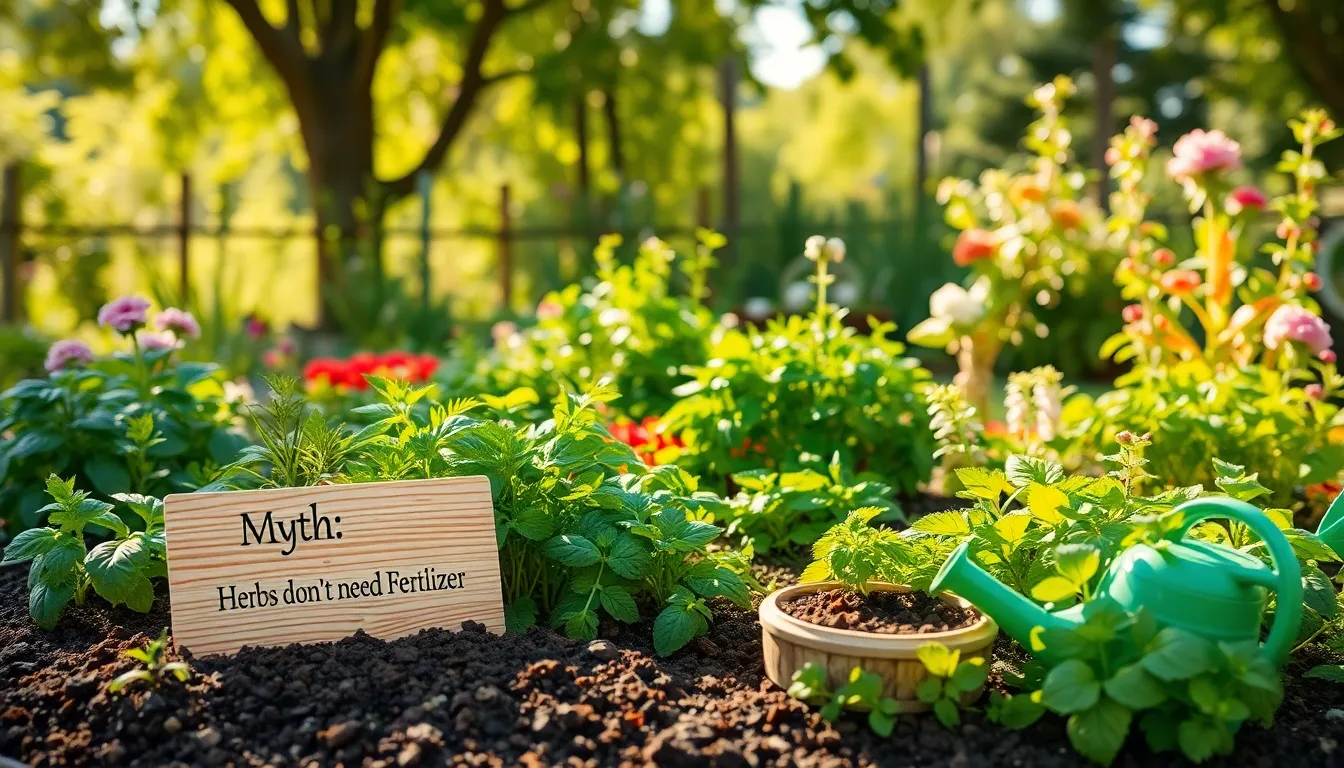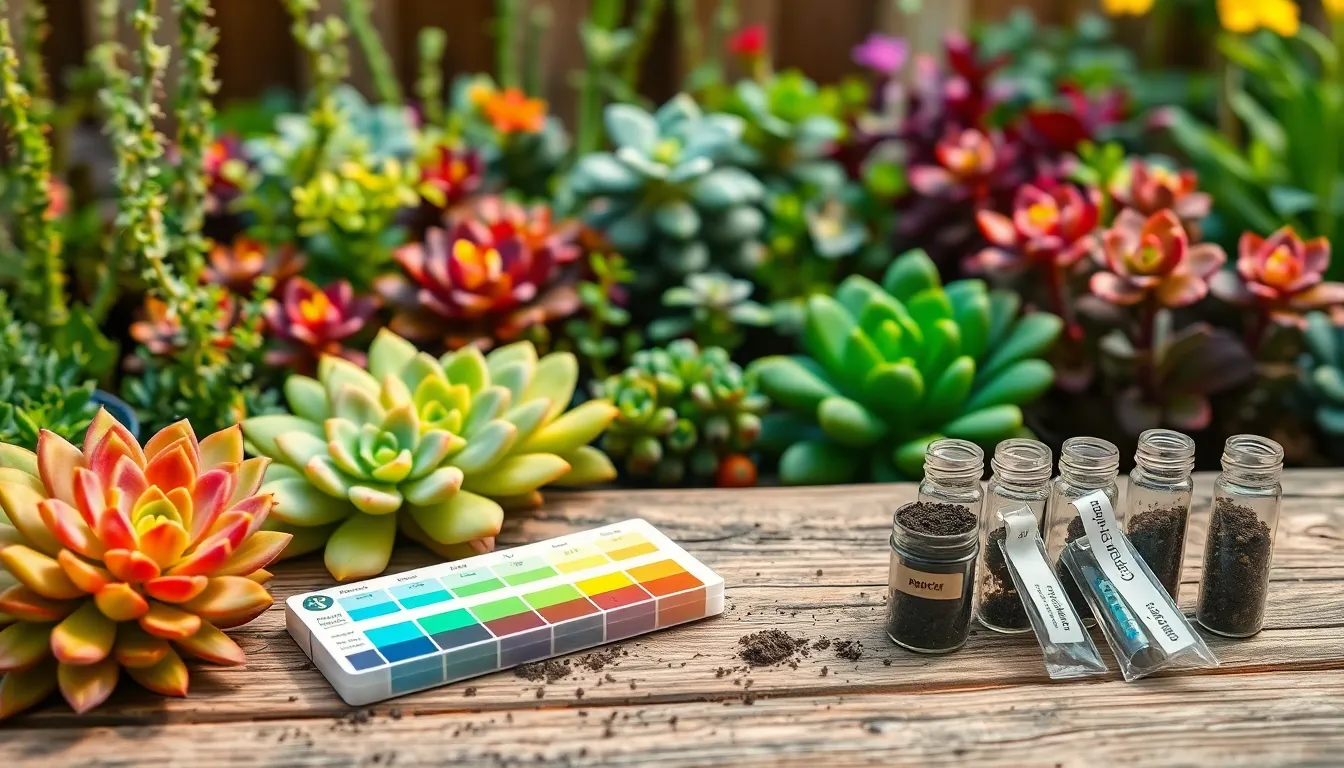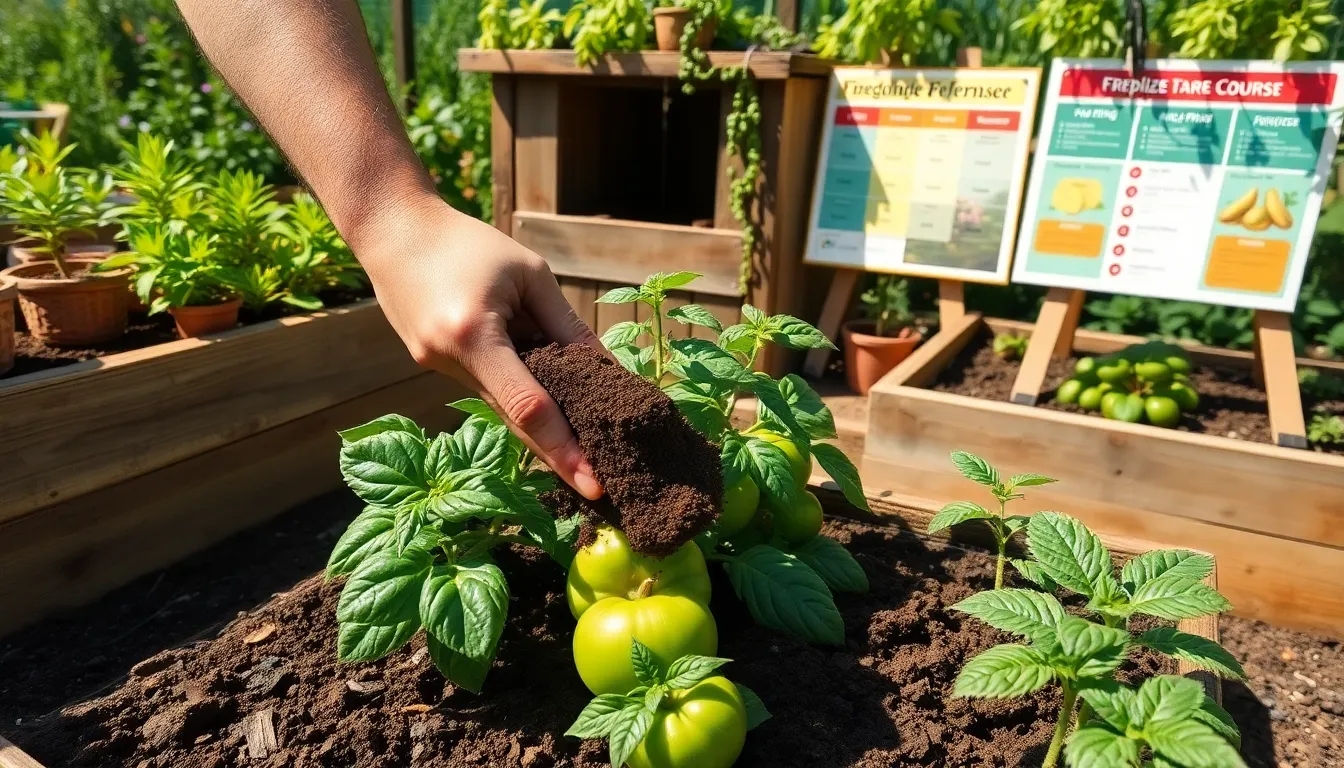In the ever-evolving world of gardening, one topic continues to sprout fresh conversations: organic fertilization. For both seasoned horticulturists and those just beginning to dig their hands into the earth, understanding the benefits of fertilizing plants organically is key to nurturing a thriving garden and a healthier environment.
As you embark on this green journey, you’ll discover how organic fertilizers not only enhance the vitality of your plants but also promote a sustainable ecosystem in your backyard. This article will guide you through the myriad advantages of adopting organic practices, offering insights that cater to every level of gardening expertise.
You’ll learn about the long-term benefits of using organic fertilizers, from improving soil structure to fostering beneficial microorganisms. By the end of our exploration, you’ll feel equipped and inspired to make more informed choices that will enrich your gardening experience and contribute to a greener planet.
Boosting Soil Health Naturally
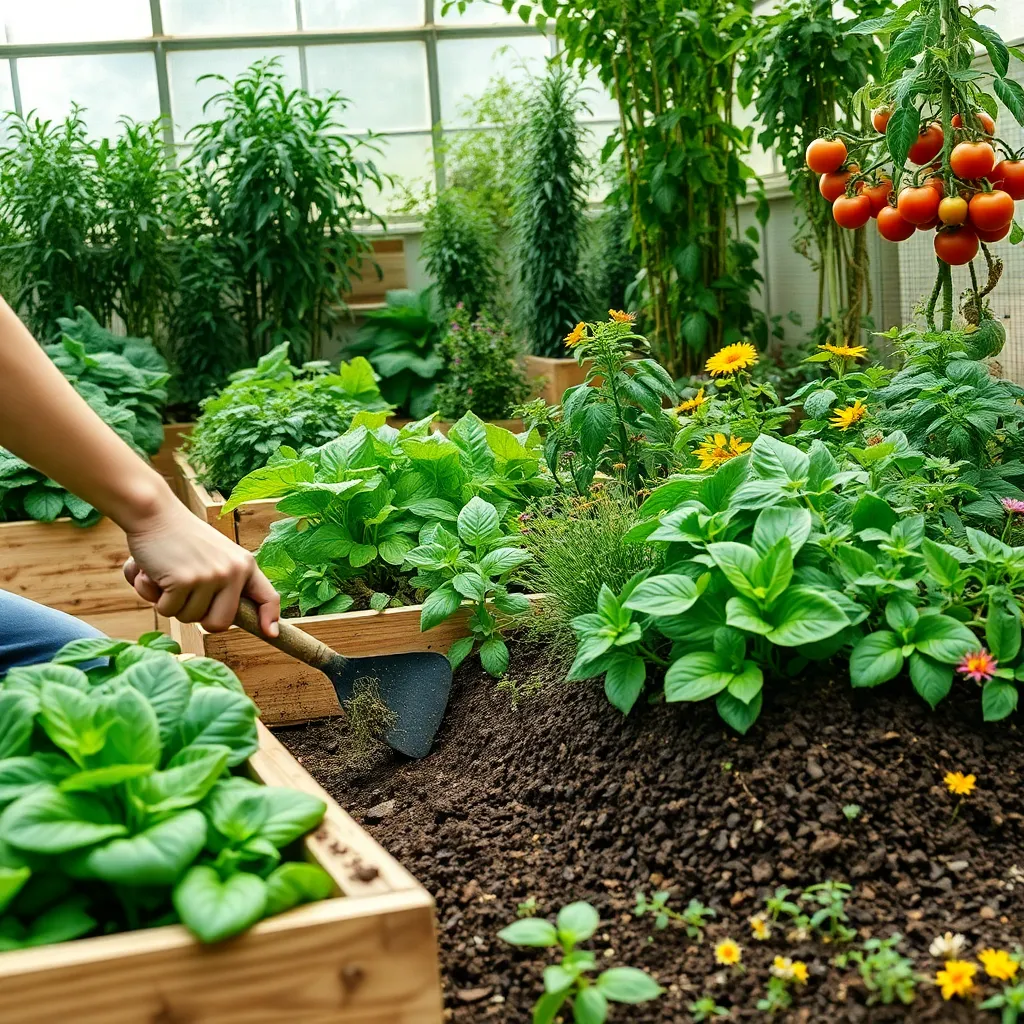
To boost soil health naturally, start by incorporating compost into your garden beds. Compost adds essential nutrients and improves soil structure, making it more hospitable for plant roots.
Another effective method is practicing crop rotation, especially in vegetable gardens. By rotating crops yearly, you prevent nutrient depletion and reduce soil-borne diseases.
Consider using cover crops like clover or vetch during the off-season. These plants not only prevent erosion but also fix nitrogen into the soil, enhancing fertility for the next planting season.
For advanced gardeners, consider employing the technique of **no-till gardening**. This practice helps maintain the soil’s natural structure and increases its organic matter over time.
Enhancing Plant Nutrition Organically
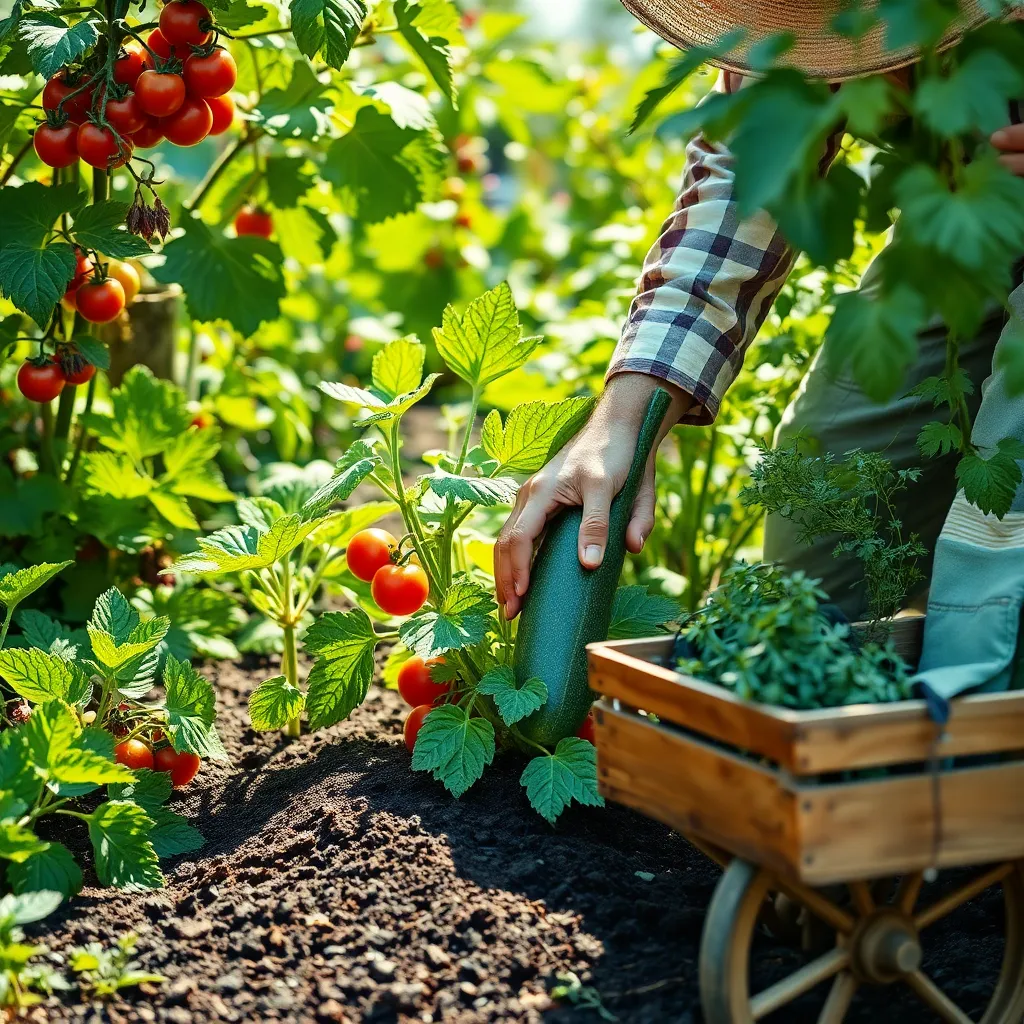
Enhancing plant nutrition organically involves understanding the natural ecosystem of your garden. One effective method is using compost, which enriches the soil with essential nutrients and improves its structure.
To create your own nutrient-rich compost, start by collecting kitchen scraps like fruit peels, vegetable cuttings, and coffee grounds. Combine these with yard waste such as leaves, grass clippings, and small branches to create a balanced mix.
Turning your compost pile regularly aids in aeration and accelerates the decomposition process. This ensures the breakdown of materials, resulting in a rich, dark compost that can be used as a natural fertilizer for your plants.
For those looking to give an extra boost to their plants, consider using organic liquid fertilizers like seaweed extract or fish emulsion. These can be applied directly to the soil or as a foliar spray, providing immediate nutrients to plants.
When using organic fertilizers, it’s crucial to follow recommended application rates to avoid over-fertilizing, which can harm plants. Regularly monitor plant growth and adjust your feeding schedule to meet the specific needs of your garden.
Reducing Chemical Dependency
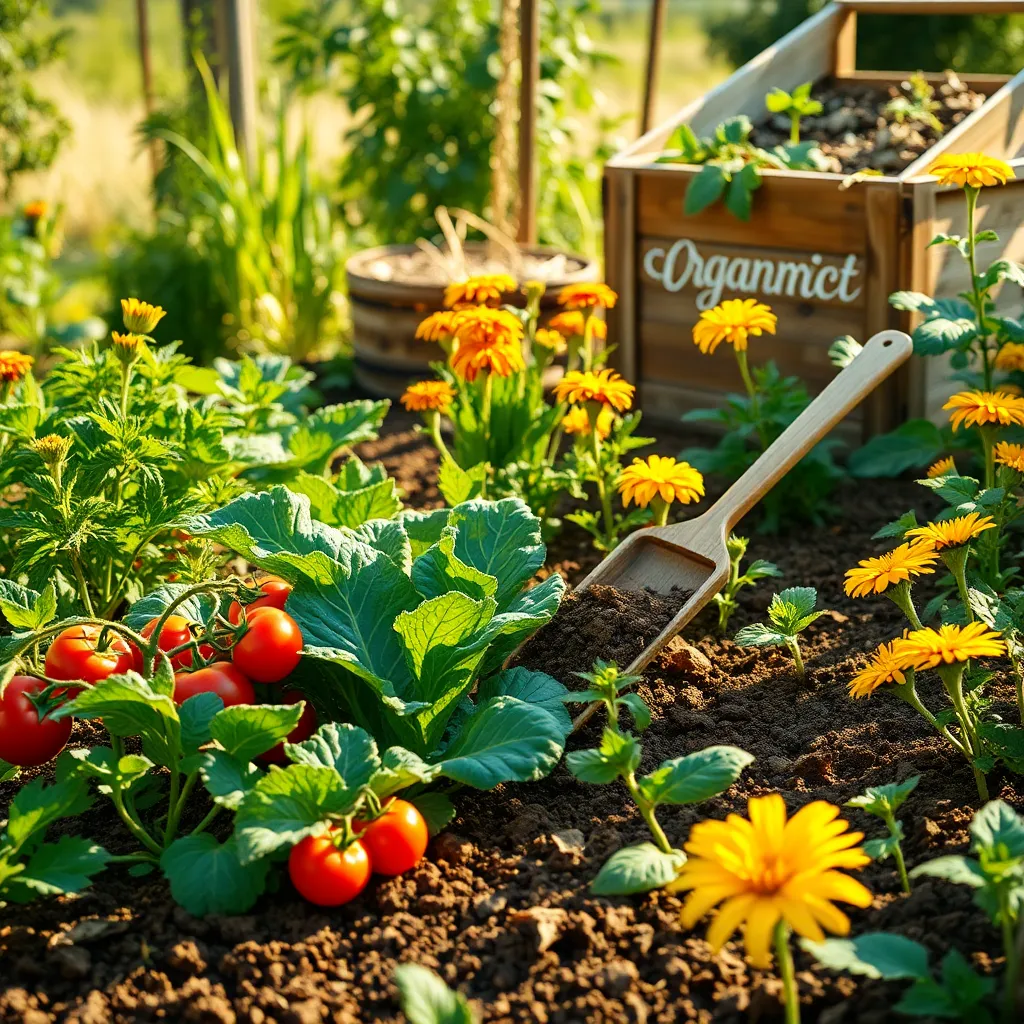
Switching to organic fertilization methods can significantly reduce chemical dependency in your garden. By opting for natural fertilizers, you decrease the need for artificial chemicals that can harm beneficial soil organisms and the environment.
Consider using compost, which is rich in nutrients and enhances soil structure, reducing the need for synthetic alternatives. Compost can be made at home using kitchen scraps and yard waste, providing a consistent supply of organic matter to enrich the soil.
Implementing crop rotation and companion planting are effective strategies for maintaining soil fertility and health naturally. These methods not only help in pest management but also minimize nutrient depletion, reducing the reliance on chemical fertilizers.
Advanced gardeners might explore using green manure crops, such as clover or rye, which are grown specifically to be plowed back into the soil. These crops add essential nutrients and organic matter, creating a self-sustaining ecosystem that requires less chemical intervention.
Improving Sustainability in Gardening
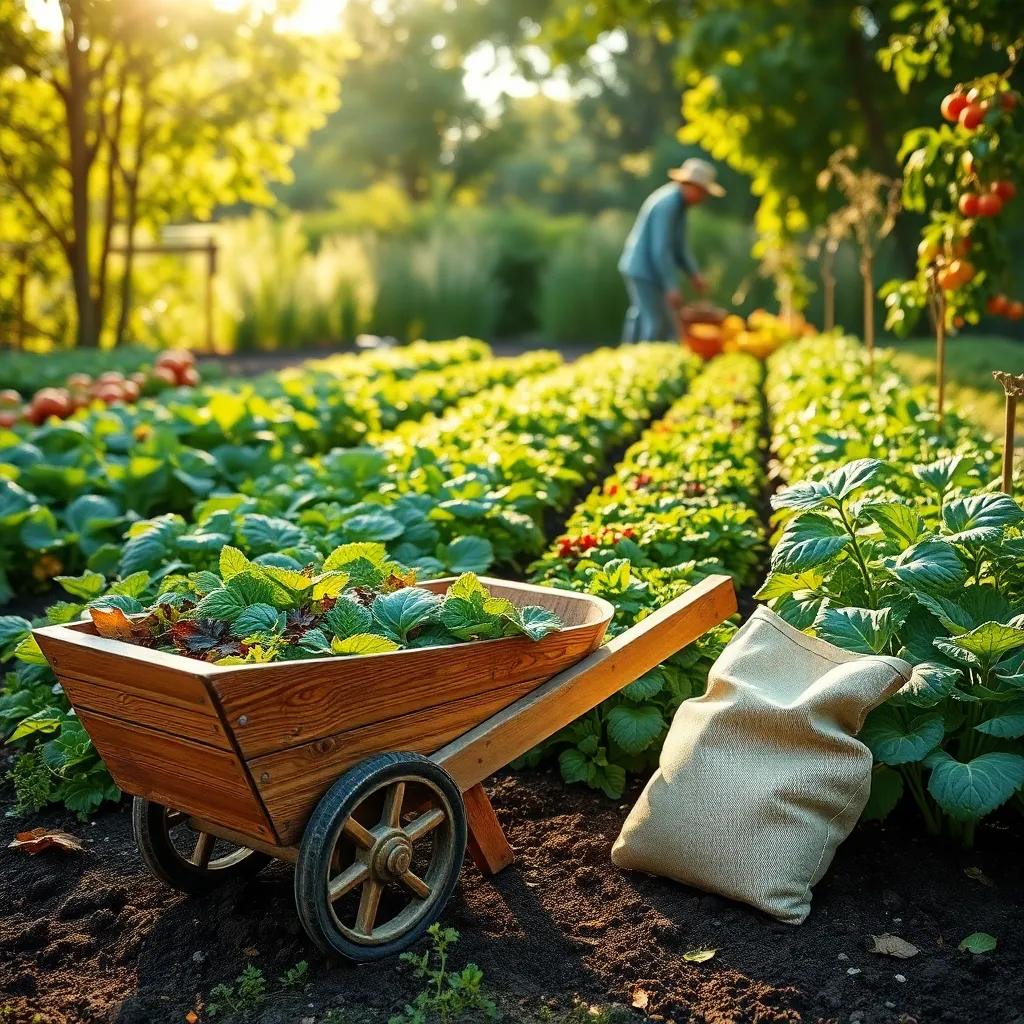
Enhancing sustainability in your garden involves making choices that benefit both your plants and the environment. One effective strategy is to use organic mulch, such as straw, leaves, or grass clippings, which helps retain soil moisture and suppress weeds.
By incorporating companion planting, you can naturally boost the health of your garden. For instance, planting basil near tomatoes not only improves flavor but also helps deter pests like aphids and tomato hornworms.
Consider implementing a rainwater collection system to reduce reliance on municipal water supplies. Using a rain barrel can provide your garden with nutrient-rich water, reducing the need for synthetic fertilizers.
Additionally, rotating crops each season is a sustainable practice that prevents soil depletion and interrupts pest cycles. By alternating deep-rooted plants with shallow-rooted ones, you can maintain soil structure and fertility.
Promoting Biodiversity with Organic Methods
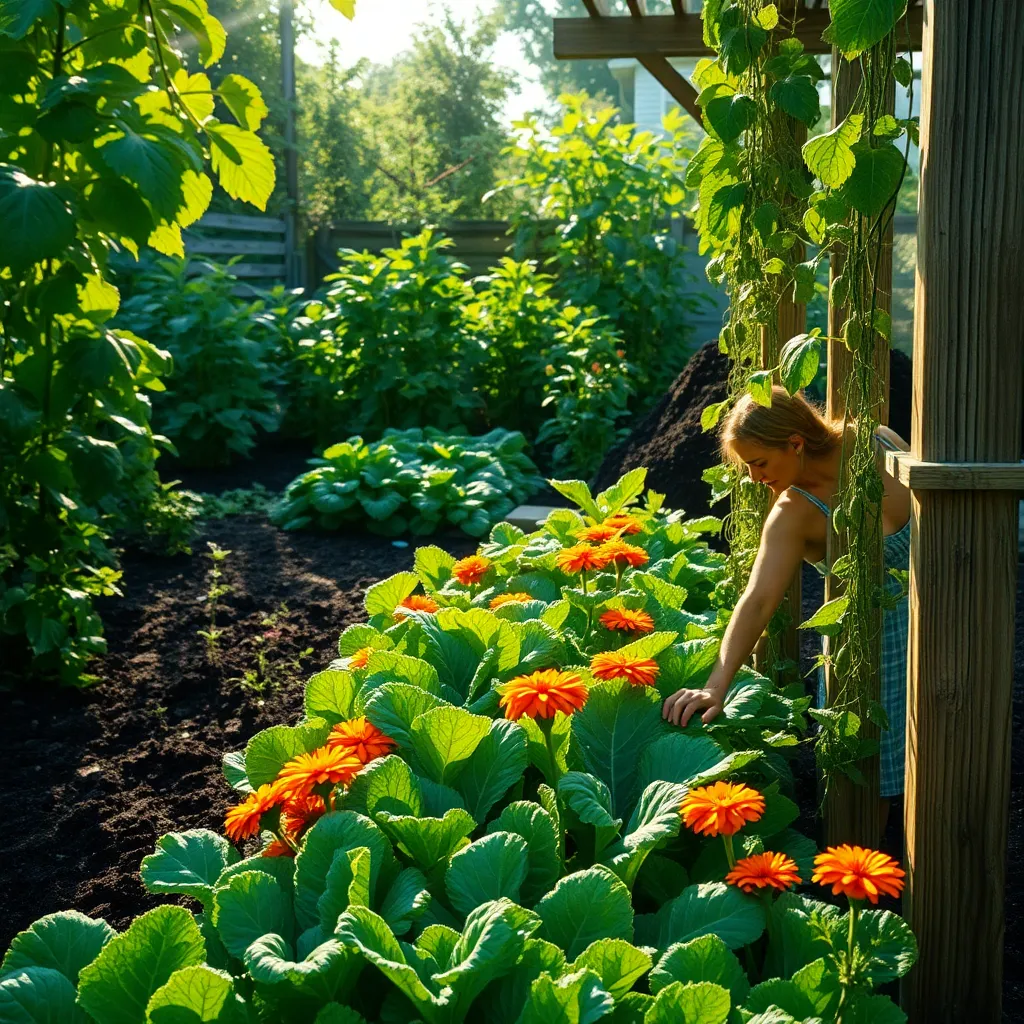
Using organic methods in gardening significantly enhances biodiversity, encouraging a diverse range of organisms to thrive. By avoiding synthetic fertilizers and pesticides, you foster a healthy environment where beneficial insects, birds, and microorganisms can flourish.
To promote biodiversity, start by enriching your soil with organic compost, which provides essential nutrients and improves soil structure. Composting not only reduces waste but also attracts earthworms and microbes that help break down organic matter, improving plant health.
Incorporating a variety of plants is another effective way to boost biodiversity in your garden. Choose native plants, as they are well adapted to your local climate and soil conditions, requiring less maintenance and providing habitat for local wildlife.
For more advanced gardeners, consider implementing companion planting techniques. Pair plants that support each other’s growth, such as basil with tomatoes, to naturally deter pests and enhance growth without chemical interventions.
- Mulch naturally with organic materials like straw or bark to retain moisture and support soil organisms.
- Water wisely by using drip irrigation or soaker hoses to minimize water wastage and maintain optimal soil moisture levels.
- Rotate crops annually to prevent soil depletion and disrupt pest and disease cycles, fostering a healthier garden ecosystem.
By integrating these organic practices, even novice gardeners can create a thriving, biodiverse garden. Not only will this approach enhance the beauty and productivity of your garden, but it will also contribute positively to the surrounding environment.
Conclusion: Growing Success with These Plants
In exploring the symbiotic relationship between organic fertilization and plant health, we’ve uncovered five pivotal concepts: the enhancement of soil fertility through natural amendments, the promotion of long-term sustainability, the safeguarding of environmental health, the encouragement of biodiversity, and the fostering of resilient plant growth. These principles mirror the nurturing practices necessary for cultivating thriving interpersonal relationships. Just as organic methods enrich the soil, intentional communication and empathy can nurture and strengthen your connections.
To immediately apply these insights, consider starting with a small organic gardening project, using it as a metaphor to reflect on your relationships. This practical step can serve as a reminder of the care and patience needed in both gardening and relationships.
We encourage you to bookmark this article as a resource for nurturing both your plants and your personal connections. As you integrate these organic principles into your daily life, you’ll be sowing the seeds of a flourishing future, where your relationships grow as robustly as a well-tended garden. Embrace this journey with confidence, knowing that every step you take enriches the soil of your shared experiences.

